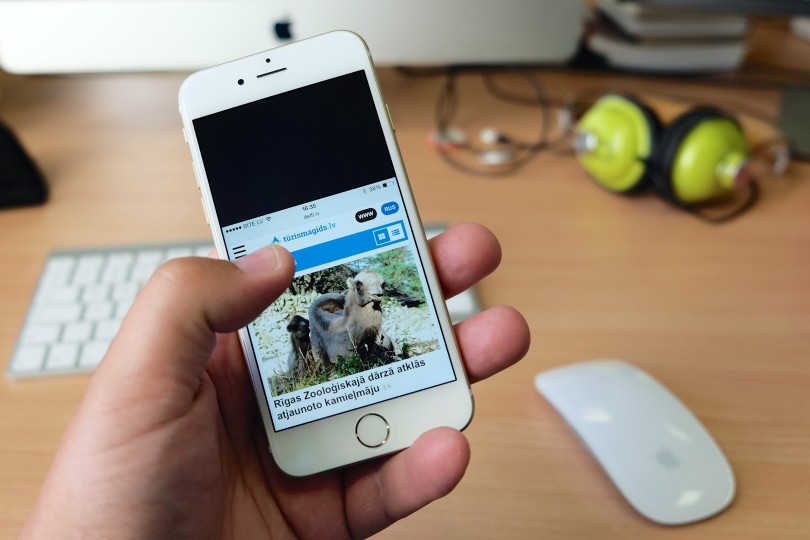As we spend more and more of our days interacting with technology, it can be difficult to keep track of how private our online lives really are. All internet and phone users create metadata that (since March) is now stored by providers for two years.
Limiting your metadata traces and securing your social media applications, like Facebook, and simply securing email have never been more important.
1. Create complex and unique passwords
Are you one of those people who uses the same, or variations on the same, password for every site and application you use? This could be putting your digital security at risk. And having a password that is easy to remember, such as a pet’s name or your favourite chocolate bar, is easy to guess for those trying to gain access to your account.
On the other hand, using a mnemonic device to remember four random words like “Correct Horse Battery Staple” as pictured in the cartoon below will make it harder for others to guess your password and aid you in remembering it.
While creating unique but memorable passwords is solid advice, it can also pay to use a password manager to keep track of each different password you use for each site and application. Instead of using the same password for everything, which will leave you open to a widespread security breach if your password is guessed, use a different password for each site.
Password managers like Apple’s ‘Keychain’ or ‘Lastpass’ store your passwords, so you won’t need to remember hundreds of unique passwords, but one ‘master password’.
Only having one password to control all your others can be risky in itself, but it’s better to have hundreds of unique and difficult-to-guess passwords across your different accounts and apps than the same across them all.
Make sure your master password is complex, unique – meaning it is only used for this application and nothing else – and anonymous by using the instructions in point one.
3. Playing around with settings in your phone
Often your phone will use default settings for different applications that compromise your privacy. In Australia, metadata – or data about data – can be stored for up to two years by your phone and internet providers. Opting out of location services on some apps, turning off wi-fi when not required, and making sure you read terms and conditions when signing up to new applications can help you from having to stick your phone in the fridge – an Edward Snowden trick to stop trackers.
4. Use encrypted messaging apps
To avoid accumulating metadata from phone calls and text messages being stored by your phone and internet provider, use an online messaging application like Chat Secure or, the personal favourite of our communications minister, Wickr. These encrypt your messages and phone calls, making it very difficult for hackers to access your private communications. This also stops phone and internet providers from keeping records of who you are speaking to and when you are speaking to them, as a traditional call log on a phone bill might.
An added bonus for Apple users: iMessage is automatically encrypted.
Image credit: Kārlis Dambrāns/Flickr


